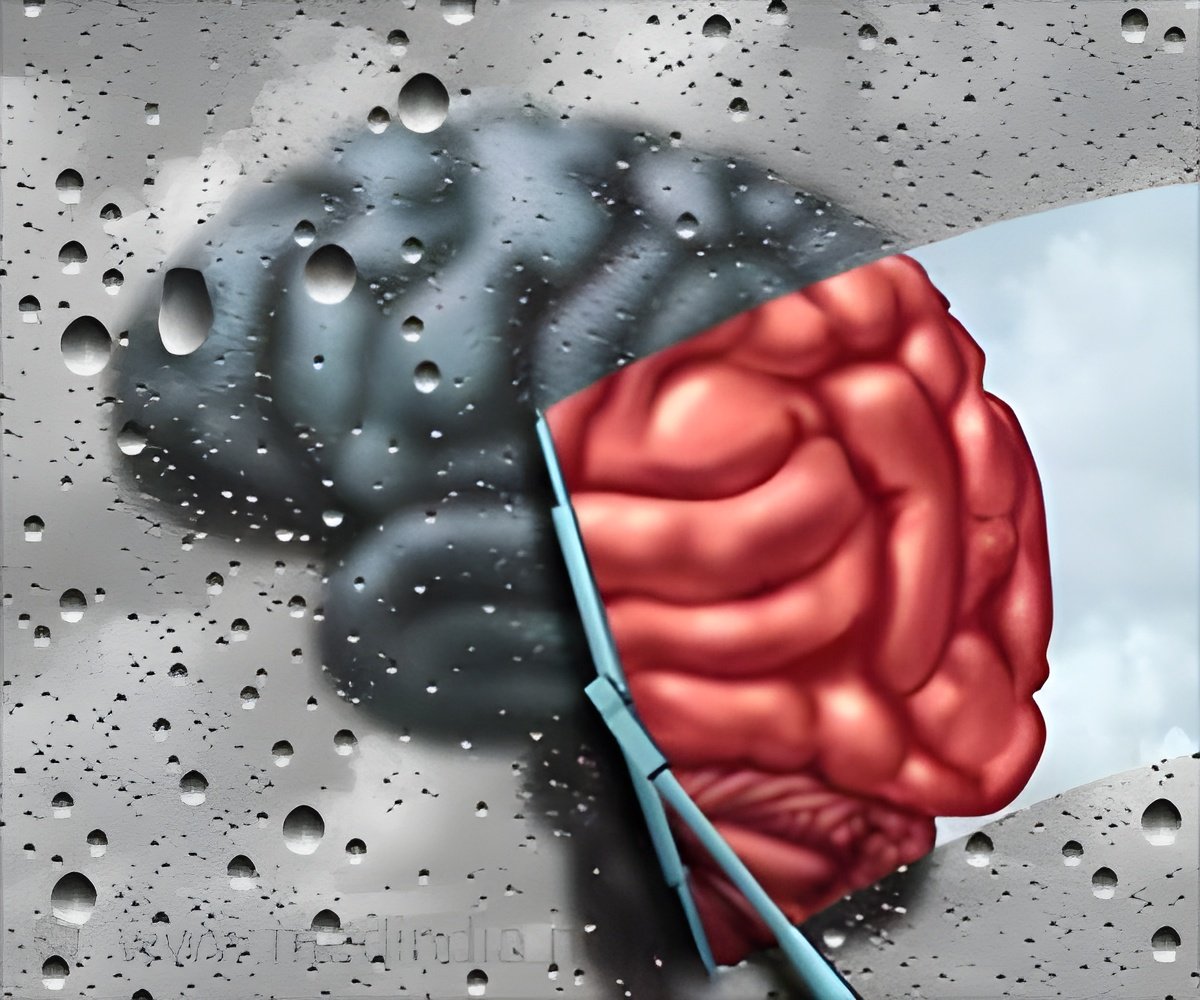The Human brain can reassign certain tasks to different regions in order to defend itself from neurodegenerative diseases, finds a new study.

‘Brains of certain primary progressive aphasia (PPA) dementia patients were able to compensate for the dying neurons by tapped into a different brain region to process the meaning of words. By understanding the diseases severity and treatment in the form of intervention can be started earlier.’





Typically people rely on the left side of the brain to comprehend words we read or hear, but PPA patients showed more brain activity on the right. These findings could be used to help develop targeted treatments to preserve brain function.Previous studies have shown that this preservation tactic is used after brain damage, such as traumatic brain injury or stroke, but this is one of the first studies to demonstrate the phenomenon in a neurodegenerative disease.
"These findings offer hope since it demonstrates that despite the brain's degeneration during PPA, it naturally adapts to try and preserve function," says Dr. Jed Meltzer, the senior author, a scientist at Baycrest's Rotman Research Institute (RRI) and Canada Research Chair in Interventional Cognitive Neuroscience. "This compensation suggests there are opportunities to intervene and offer targeted treatment to those areas."
The study captured brain imaging of 28 adults between the ages of 58 and 83, 13 of whom were diagnosed with PPA. While having their brains scanned, research participants were asked to read sentences that appeared on the screen, some of which had grammatical errors or mismatched words.
When a healthy adult processes the sentences with mistakes, there's a spike in brain activity since the brain needs to work harder to make sense of it, says Dr. Meltzer, who is also an assistant professor in the departments of psychology and speech-language pathology at the University of Toronto.
Advertisement
Those with PPA who performed better showed a larger response in the opposite side of the brain, the right, compared to healthy adults.
Advertisement
The slower brain responses could also be used by doctors to assess the disease's severity and lead to treatments being started even earlier, adds Dr. Meltzer. As next steps, scientists are using this brain activity data to help treat PPA patients with targeted brain stimulation. Their work will also explore the short- and long-term effects of this intervention.
Source-Eurekalert















